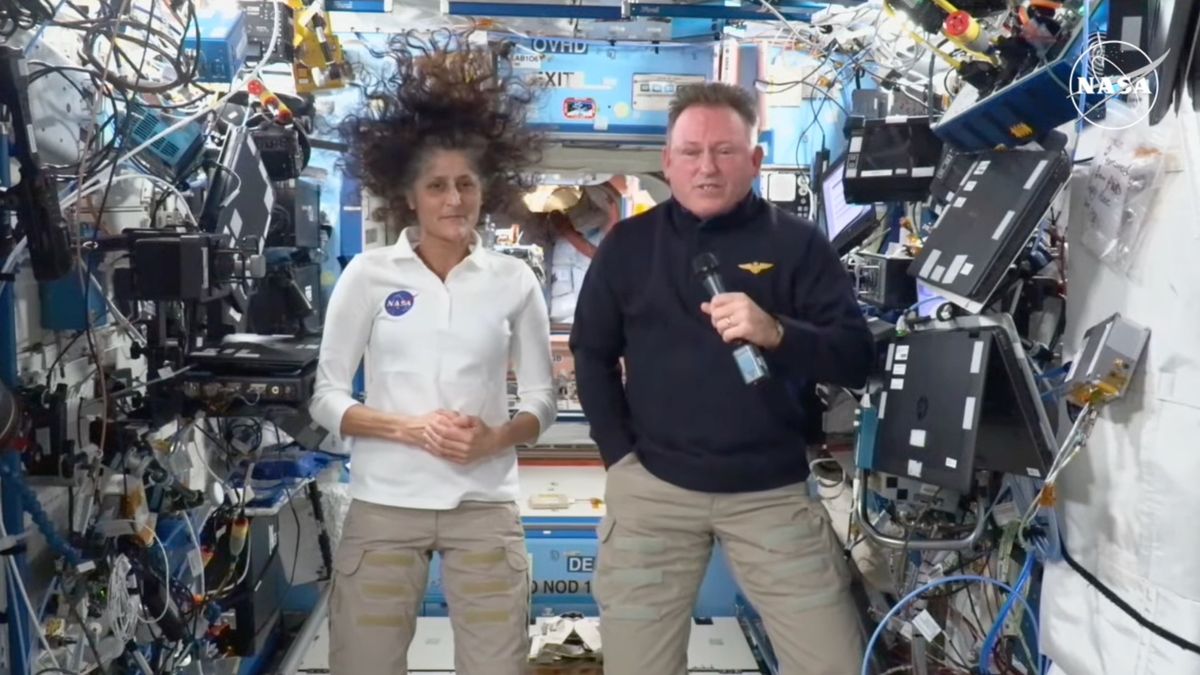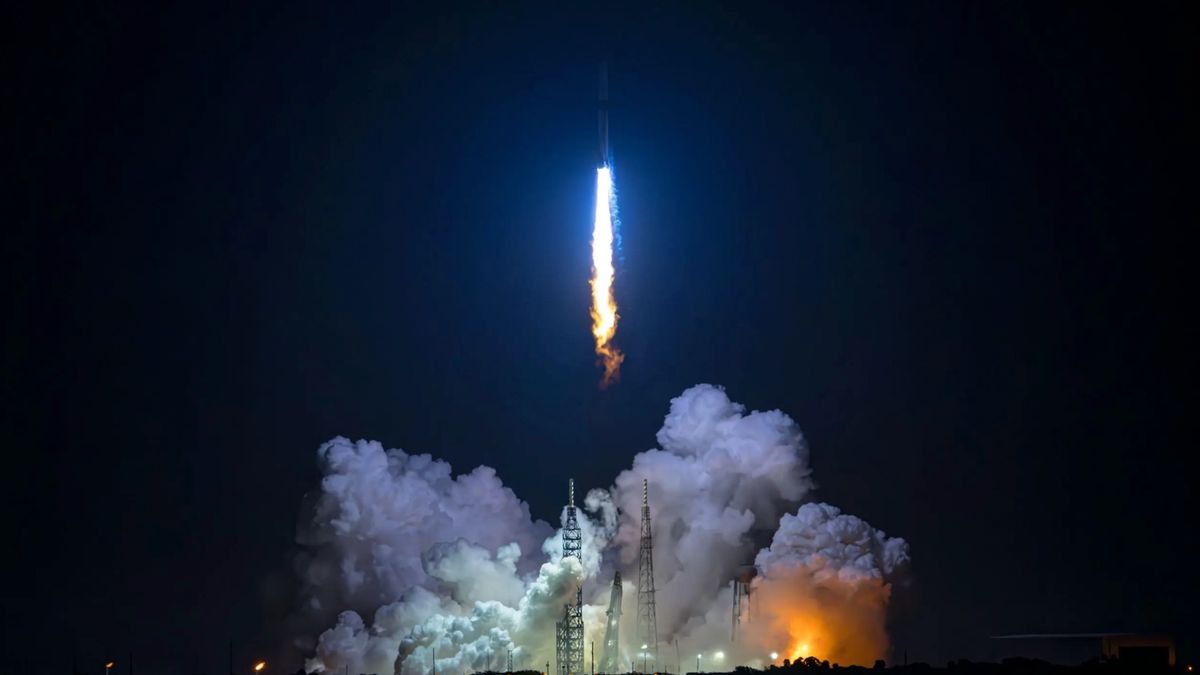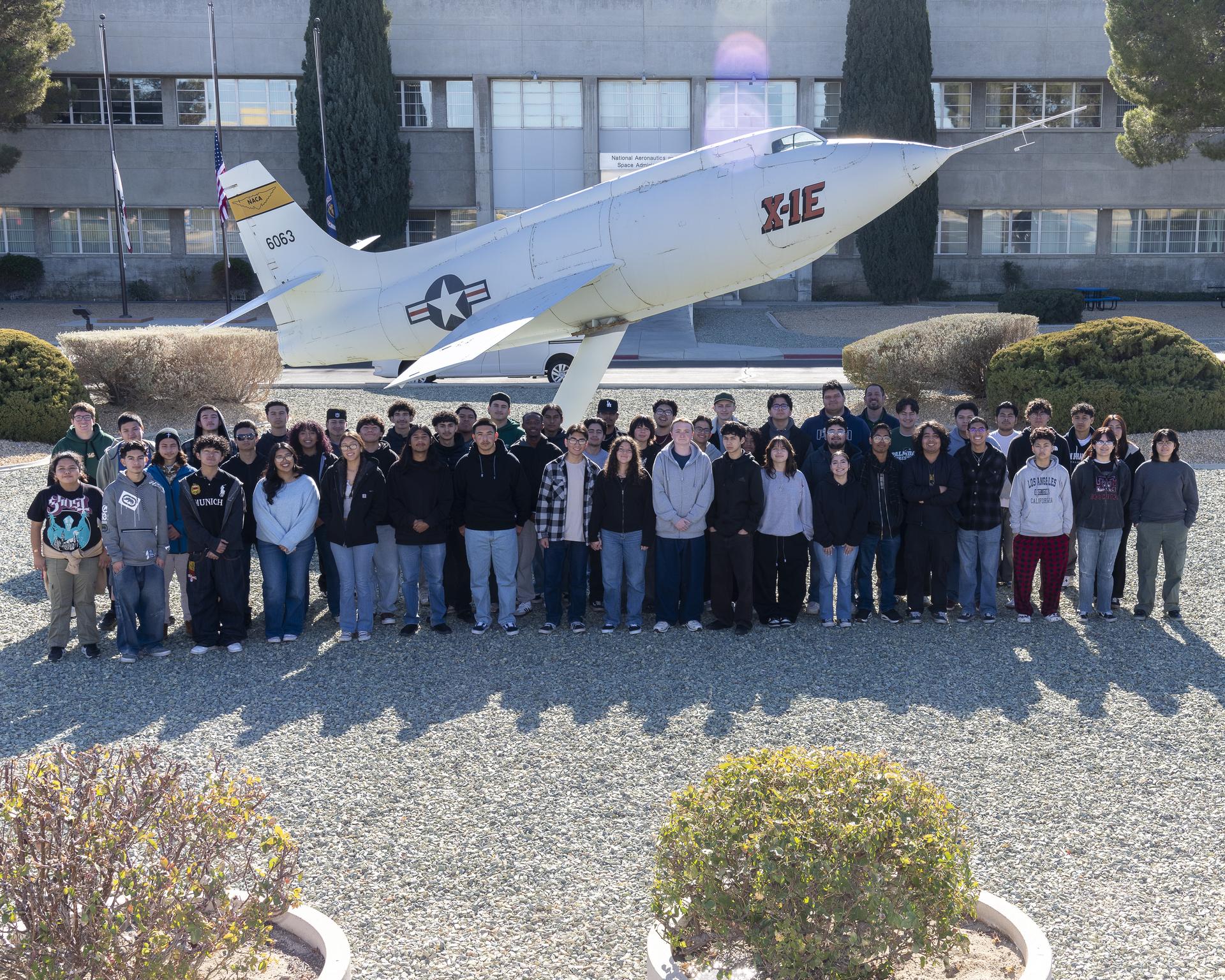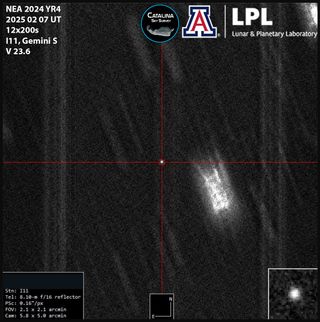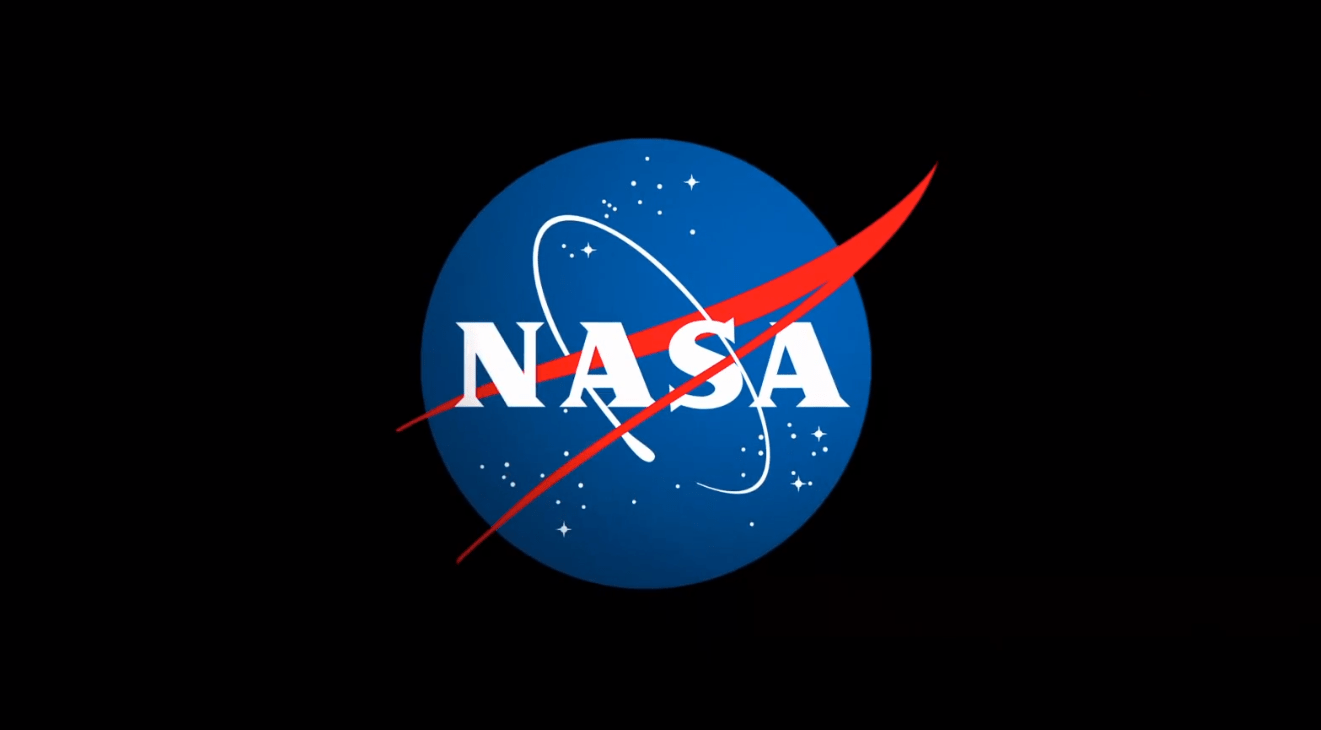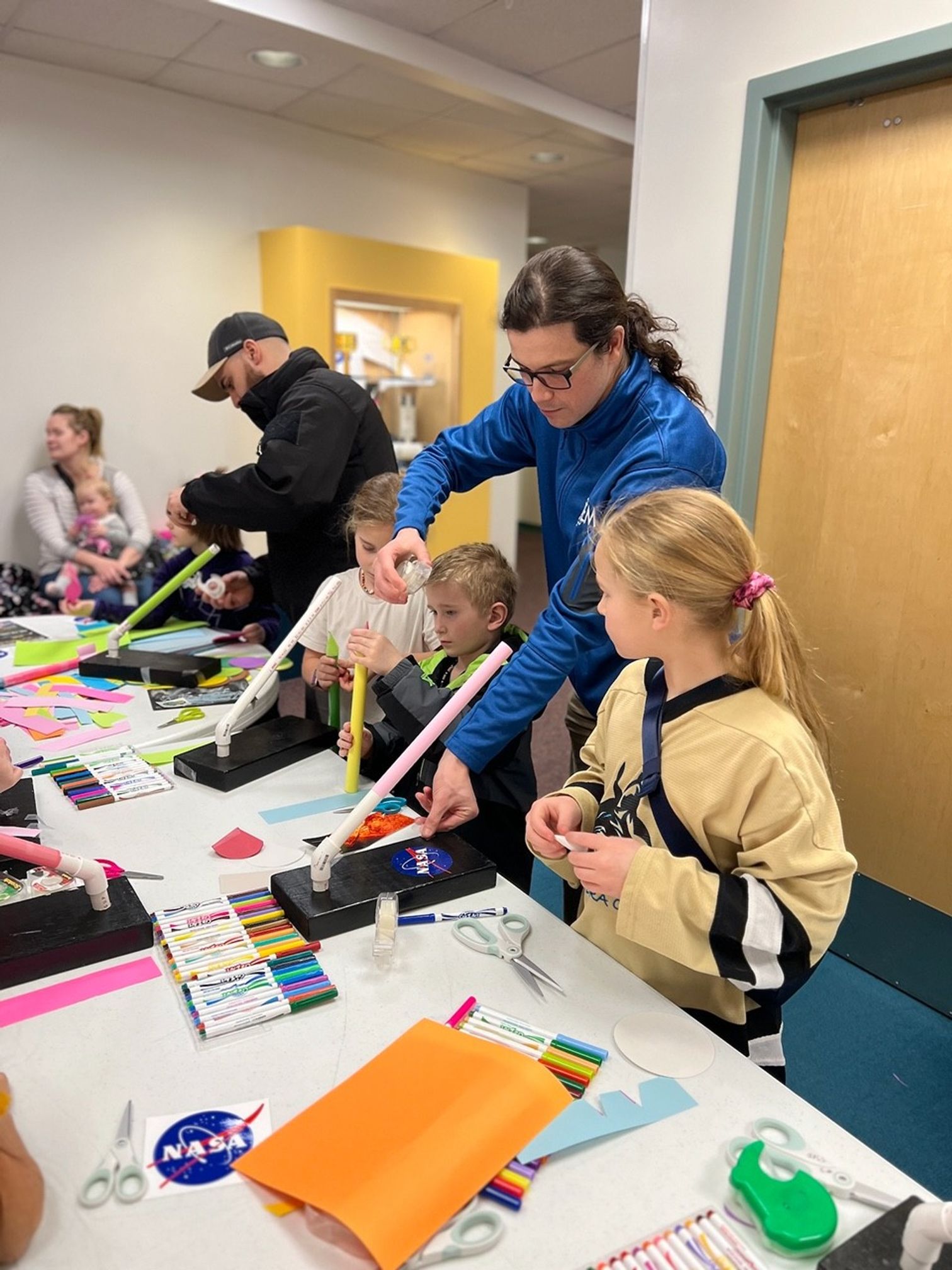Boeing’s Starliner astronauts are in the final stretch of their unexpectedly long stint in Earth orbit — and they’re setting the record straight on all the “stranded astronauts” talk. NASA’s Suni Williams and Butch Wilmore launched to the International Space Station (ISS) last June on the first crewed test flight of Boeing’s Starliner spacecraft. The duo expected their orbital stay to last about 10 days, but Starliner experienced thruster malfunctions during its approach and docking maneuvers. This led to an extensive investigation by NASA and Boeing back on the ground,…
Read MoreDay: February 14, 2025
Jeff Bezos’ Blue Origin laying off 1,000 employees: reports
Jeff Bezos’ aerospace company, Blue Origin, is laying off about 1,000 workers, according to media reports. Blue Origin CEO Dave Limp announced the cuts in an internal email to employees, which was obtained by CNN and The New York Times, among other outlets. Blue Origin does not disclose how many people it employs, but that number is thought to be around 10,000, according to The New York Times. The new layoffs therefore represent a roughly 10% cull. “We grew and hired incredibly fast in the last few years, and with…
Read MoreNASA Inspires High School Engineering Club
2 min read Preparations for Next Moonwalk Simulations Underway (and Underwater) The engineering club from Palmdale High School in Palmdale, California, visits NASA’s Armstrong Research Flight Center in Edwards, California. The students took a group photo in front of the historic X-1E aircraft on display at the center. NASA/Genaro Vavuris A group of enthusiastic high school students recently visited NASA to learn about facilities and capabilities that enable the agency’s researchers to explore, innovate, and inspire for the benefit of humanity. Engineering club students from Palmdale High School in California…
Read MoreWhat the asteroid with a 1-in-48 chance of hitting Earth in 2032 looks like (images)
It might not look like much in this image, but this is the asteroid that has made a major news impact in 2025. That’s because this space rock, designated asteroid 2024 YR4, has a 1-in-48 chance of impacting Earth in 2032. For obvious reasons, astronomers are desperate to learn as much as they can about 2024 YR4, estimated to be as large as 177 feet wide (54 meters wide). That’s around as wide as Cinderella’s Castle in Walt Disney World Florida is tall. The image featured here was captured on…
Read More2024 State-of-the-Art Small Spacecraft Technology Report is Released
Credit: NASA NASA’s Small Spacecraft Systems Virtual Institute (S3VI) is pleased to announce the official release of the highly anticipated 2024 State-of-the-Art Small Spacecraft Technology report. This significant accomplishment was made possible by the contributions of numerous dedicated people across NASA who graciously supported the preparation of the document as authors and reviewers. We also want to extend our gratitude to all the companies, universities, and organizations that provided content for this report. The 2024 report can be found online at https://www.nasa.gov/smallsat-institute/sst-soa. The report is also available in PDF format as a…
Read MoreSummary of the 10th DSCOVR EPIC and NISTAR Science Team Meeting
Explore This Section Earth Home Earth Observer Home Editor’s Corner Feature Articles Meeting Summaries News Science in the News Calendars In Memoriam More Archives 21 min read Summary of the 10th DSCOVR EPIC and NISTAR Science Team Meeting Introduction The 10th Deep Space Climate Observatory (DSCOVR) Earth Polychromatic Camera (EPIC) and National Institute of Standards and Technology (NIST) Advanced Radiometer [NISTAR] Science Team Meeting (STM) was held October 16–18, 2024. Over 50 scientists attended, most of whom were from NASA’s Goddard Space Flight Center (GSFC), with several participating from other NASA centers, U.S. universities, and…
Read MoreAn Afternoon of Family Science and Rocket Exploration in Alaska
Explore This Section Science Science Activation An Afternoon of Family Science… Overview Learning Resources Science Activation Teams SME Map Opportunities More Science Activation Stories Citizen Science 2 min read An Afternoon of Family Science and Rocket Exploration in Alaska On Tuesday, January 28th, Fairbanks BEST Homeschool joined the Geophysical Institute for an afternoon of rocket exploration, hands-on activities, and stargazing inside a planetarium. This event was free and open to the public. Despite their frigid winter weather, 200 attendees were curious about the scientific endeavors of Alaska-based researchers alongside…
Read MoreA Stellar Bouquet
This composite image contains the deepest X-ray image ever made of the spectacular star forming region called 30 Doradus. By combining X-ray data from NASA’s Chandra X-ray Observatory (blue and green) with optical data from NASA’s Hubble Space Telescope (yellow) and radio data from the Atacama Large Millimeter/submillimeter Array (orange), this stellar arrangement comes alive.
Read More